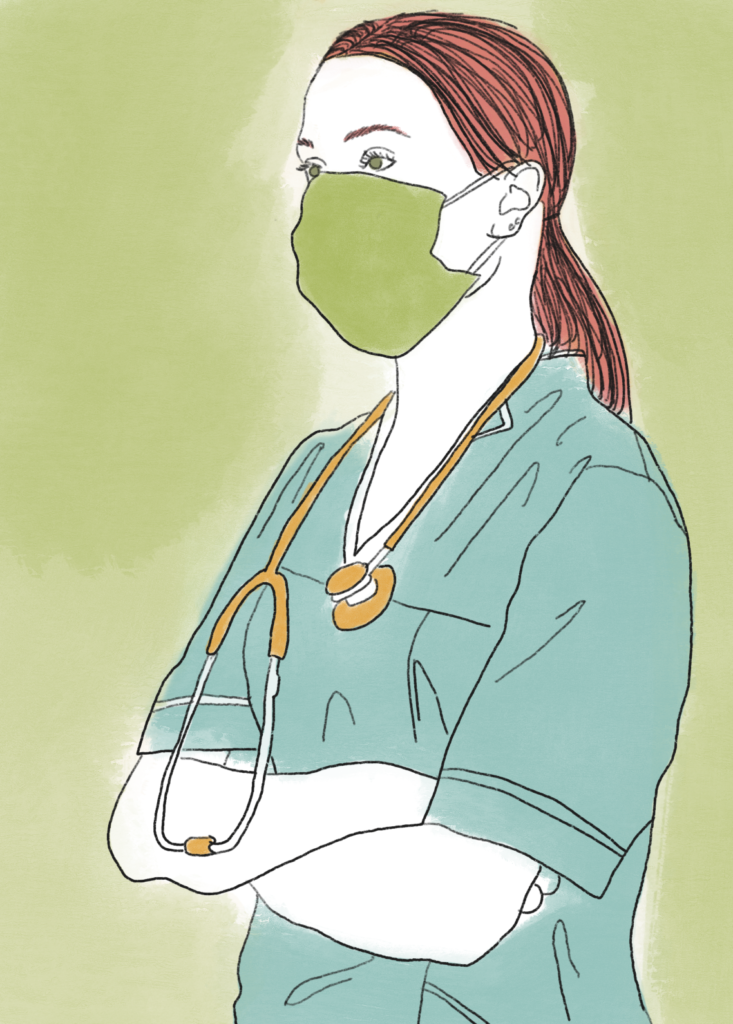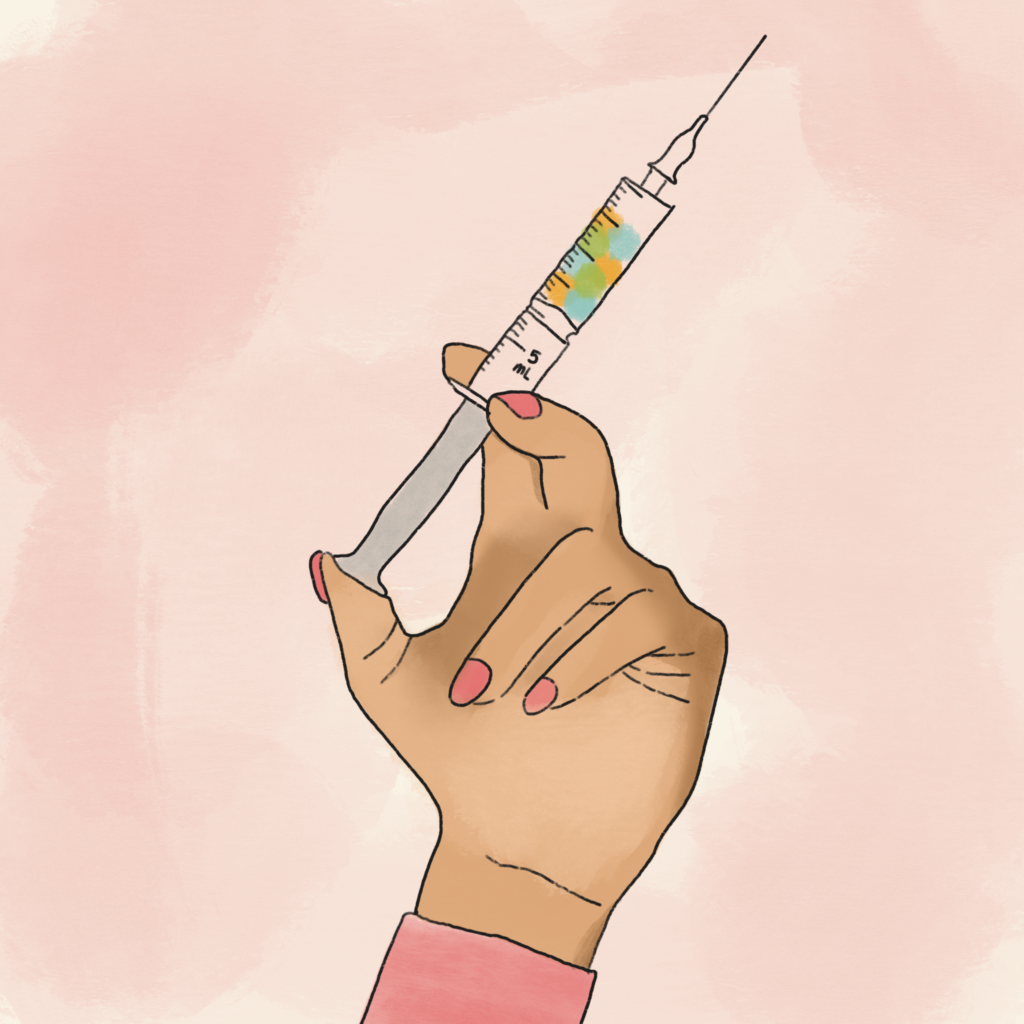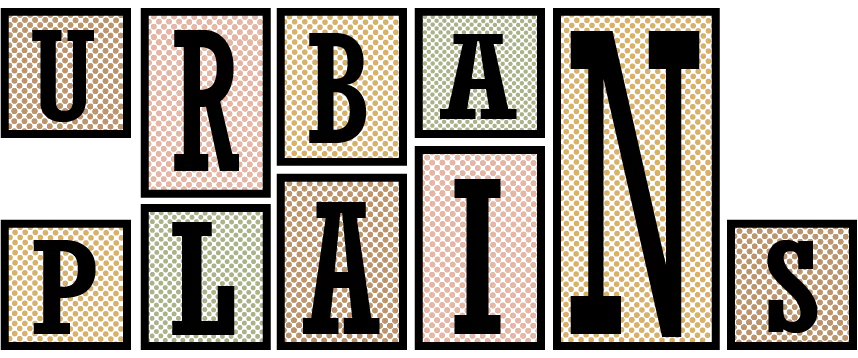Jacinda Nava Romero remembers three things about working as a nurse in March 2020: reusing face masks during those 12-hour-plus shifts, seeing the lines of the mask across her face at the end of each day and breaking down in tears.
The COVID-19 pandemic affected many people, but few were impacted as much as the frontline nurses in hospitals all over the country. Nurses juggled both mental and physical challenges while the whole world looked to them – including nursing students who were next in line. Now, three years later, they’ve inspired a new generation of nurses.
Virtual Nursing
Nava Romero started her nursing school journey at Des Moines Area Community College in January of 2019, when life was normal, but finished her degree in December 2020 in the midst of the pandemic. She currently works at UnityPoint in Des Moines, Iowa, as a rehabilitation nurse.
“Nursing school in 2019 and 2020 was a night-and-day difference,” Nava Romero said. “In 2019, we had an in-person clinical where we got to learn and practice our skills. There was tutoring for nursing students and we had class together five days a week, with all of us being super close and friendly with each other. You just felt more supported by your peers and professors.”
But then everything changed when the world shut down and news started coming out about a disease that affected people all over the world. Schools all over, including Nava Romero’s nursing program, began to conduct classes online.
“Once we all went virtual for the rest of the spring semester in April 2020, it was chaotic to say the least,” she said. “There was less support from my peers and teachers, which made learning brand new material hard. It made you feel so isolated from your classmates, who you used to see every single day.”
Nava Romero’s grades initially went down as she began to navigate online learning.
“There was no in-person clinical anymore, it was all virtual and was terrible,” she said. “I lost a lot of clinical confidence that I once had while doing in-person clinicals.”
Thankfully, in-person clinicals returned before Nava Romero graduated in December of 2020, but it couldn’t make up for all the lost time. She attended an online graduation ceremony before heading into the unknown of the medical world.
“I started in rehabilitation, and within that department we had a lot of COVID-recovered patients. We had to help them navigate their new post-COVID life, in the middle of this pandemic,” Nava Romero said. “For a lot of them, it was debilitating and they could not go back to the same life they were living without oxygen tanks, medication and other equipment. It was so heartbreaking when we had patients who would never be the same.”
Even with the challenges around her, Nava Romero was still interested in pursuing her career and helping people. For her, it was all about making a difference in people’s lives, helping them and putting her whole heart into a career.

Lost Opportunities
Syeda Thomas, an instructor at the University of Iowa Nursing School, has been working with students for over 14 years, and saw the changes imposed on nurses and the program during the pandemic.
“We reduced hours during the pandemic because the hospital was really worried about exposing the students to COVID,” Thomas said. “We also didn’t have a ton of information on COVID or how to treat it yet. Students were exempt from working in the hospitals, with many things being canceled such as non-emergency surgeries. Students lost a lot of opportunities.”
In addition to practical experiences, students also lost out on many nursing school staples. Those who graduated in 2020 were unable to have in-person graduations and pinning ceremonies, where the faculty pins the student with a ribbon or pin and offers a word of congratulations.
Yet even with these challenges, nursing students weren’t scared away. According to the U.S. Bureau of Labor Statistics, the job growth rate for registered nurses is predicted to be up 6% through 2031 – the fastest overall job growth of all occupations.
Nursing programs have also increased. The University of Iowa, one of the top nursing schools in the Midwest, has seen a rise in applications. Three hundred applications are sent in every school year, with only 80 spots to be filled. This is happening for various nursing schools all over the country.

New Generation
Melanie Herr, a nursing student at Indian Hills Community College in Ottumwa, Iowa, always knew that nursing was the career path for her. She’s counting down the months until she graduates.
“I chose to go to nursing school because I was drawn to being able to help people everyday as part of my job, truly saving lives,” Herr said. “I don’t think that COVID really changed my answer at all.”
Throughout 2020, Herr was able to work as a patient care technician (PCT) at Wayne County Hospital in Iowa, after becoming a certified nursing assistant in high school. There, she was able to further her nursing skills before heading to school in November 2021.
“It was basic care type things, such as showering patients, getting vital signs and just making sure they were comfortable,” Herr said.
Herr worked as a PCT through the heart of COVID, which involved lots of N95 masks and sitting in full gowns and gloves. The experience took a toll and often made her question whether she wanted to go to nursing school.
“There were days that I didn’t want to go to work, due to being exhausted and having to yell through the masks,” Herr said. “It was so heartbreaking to see the patients that sick.”
Even when seeing what felt like millions of people on their deathbed and struggling through even the first shift of the week, she reminded herself to keep going.
“I think I just reminded myself that there is a reason that I want to do this and I am still helping people, even if it does suck some days,” Herr said. “I am still doing something that is overall good and even if those patients pass away, I still did everything that I could until that point.”
Herr isn’t the only one who has seen struggles of the pandemic affecting their nursing career. Eleanor Van Antwerp is a second semester senior at the University of Iowa, and is set to graduate in May 2023.
“I was a student in 2020. Although it was a scary time watching the news and hearing about what was happening in the healthcare system, I knew that my passion was still all about nursing and helping others,” Van Antwerp said.
The pandemic made Van Antwerp even more eager to get into the field of nursing, whether that be seeing the healthcare workers stepping up or the new advances to medicine.
“I was even more inspired by the healthcare workers who were making themselves available during the pandemic,” she said. “The healthcare advances that were rapidly changing during the pandemic really interested me. Even with the evolving changes in how to treat COVID patients and the development of the new vaccines.”
No matter how exhausting or difficult the work was, she still understood that she was working to be the best nurse possible, even through the challenges of Zoom classes and not being able to be in person.
“Now, I think the understanding remains that we are the fresh blood that the healthcare system so desperately needs,” Van Antwerp said. “We have a big responsibility to come in as competent, inspired and energetic as ever.”

